Probiotics Vs. Prebiotics – Which Should You Be Taking?
First – what exactly are prebiotics and probiotics?
Countless studies show the health of the trillions of bugs in our gut is one of the biggest factors that impacts our wellbeing. If your microbiome is out of balance, it can trigger digestion-related problems such as bloating, constipation and IBS, as well as problems with your skin, mood and immunity. If you’ve taken gut-focused supplements before, chances are they were some form of probiotic, but lesser-known is the role of prebiotics.
As Kerry Beeson, nutritional therapist at Optibac Probiotics, tells us, “Probiotics are friendly live bacteria which work to restore our gut microbiome. Each probiotic contains a certain strain, or a combination of strains, which act in different ways to support a healthy gut. Prebiotics, on the other hand, are digestible fibres which feed this friendly gut bacteria, helping them to thrive.”
Can they both be found in the diet?
Probiotics are found in traditionally fermented foods, such as kimchi and sauerkraut, kefir and live yoghurt, kombucha and tempeh, adds Kim Plaza, technical advisor at Bio-Kult. “Meanwhile, there is a range of different foods that have prebiotic properties. These include artichokes, onion, garlic, asparagus, leeks and slightly under-ripe bananas.”
What about supplements?
The problem with relying solely on diet, particularly when it comes to gut health, is that the microbiome can easily be thrown off balance, and the right supplement – whether a prebiotic or probiotic – can offer targeted support, says Kerry. “Probiotics can be very helpful when the gut microbiome has been disturbed by tummy upsets, illness or antibiotics, which kill good bacteria as well as bad bacteria. At the same time, certain strains of probiotics can help certain symptoms. For example, certain strains have been shown to aid eczema and skin issues, while others may support the vaginal microbiome.” Prebiotics can also be found in supplement form, adds Kim. “Prebiotics are non-digestible carbohydrates that the bacteria in the large intestine break down and use for food. A prebiotic supplement doesn’t actually contain bacteria – instead, it provides fuel to help bacteria grow.”
So, should you be taking prebiotics or probiotics?
If you’re in good health, don’t suffer with digestive issues and are supplementing for overall health, then either a probiotic or prebiotic can help. “Taking prebiotics may support the natural resident gut flora and support the immune system,” says Kim. “Taking probiotics may also be beneficial for people within this group as they may help support the absorption of various nutrients, including vitamin B12, calcium, folate, iron and zinc. Additional reasons to take probiotics would be when travelling or to support the immune system throughout the winter.” However, if you have a sensitive stomach or are prone to bloating, gas and diarrhoea, then prebiotics are best avoided. “Prebiotics are a type of fibre, which makes them popular with people who have constipation and regularity issues, but it can also mean they trigger bloating and gas in someone whose gut could do with a helping hand,” adds Kerry. “At the same time, you may benefit from taking prebiotics if you don’t eat many fruits, vegetables and wholegrains.”
Can you take them together?
You can, but approach with caution. “If you eat a balanced diet with plenty of fruit, vegetables, grains, pulses and fermented foods, you’ll already be consuming probiotics and prebiotics together,” says Kerry. “Taking probiotics and prebiotics together (such as in Optibac’s Probiotics Every Day) mean that the probiotics in the supplement always have an adequate food source for them to flourish.” However, bear in mind that some people can’t tolerate prebiotics, Kerry adds, with bloating and gas the most common symptoms.
What should you be looking for in a supplement?
When it comes to probiotics, there’s no such thing as a one-size-fits-all approach. “Probiotic strains work in lots of different ways and carry out different functions,” says Kerry. “Some strains are better at supporting the immune system whereas others may be able to lower cholesterol. Consider choosing a probiotic the same way you’d choose a new car or dog – what are your needs? What characteristics are you after? A small car wouldn’t be suitable for a family and if you live in a city with limited space, a pug is more realistic than a labrador. The same goes for probiotics. A probiotic for IBS would likely not work in the same way as a probiotic for intimate health. A probiotic for diarrhoea may not work for constipation and vice versa.”
Does the strength of a probiotic supplement matter?
It’s also important to know that bigger doesn’t always mean better – Kerry says you should be looking at the right strain for your needs, not necessarily the number of live cultures included. “Always buy a product from a trusted brand which specialises in probiotic supplements with the specific probiotic strains identified rather than just the species. Ideally, they would be well-researched strains which are proven to reach the gut alive.”
Any tips for taking them?
There are various theories about whether to take probiotics with or without food, but Kerry says it’s a myth that probiotics work best on an empty stomach. “There is some truth to this as taking them in the morning before breakfast is best as the stomach is at its least acidic, meaning the live cultures have the best chance of a 100% survival rate. Stomach acid can be harmful for bacteria, and to assist your probiotics through the harsh stomach environment, it’s best to take them just before, during, or just after the first meal of the day,” she advises.
How long should you take them for?
Don’t expect miracles overnight. Whether you decide to take prebiotics or probiotics – or both – the experts say it can take two to three months to see benefits. “If you’re looking to treat a specific health concern, it could be worth doing some research, as studies done on IBS show the best results after four months, whereas a migraine study found benefits after two months,” says Kim. Constipation and regularity issues, meanwhile, can be resolved in a matter of weeks. Both prebiotics and probiotics are safe to be taken in the long-term, too, she adds. “They can be helpful throughout different times of the year (such as winter or hay fever season) and throughout different times of our lives.”
The bottom line?
If you’re looking to support your gut health and aren’t sure where to start, the experts recommend starting with a probiotic. “Trying a probiotic without prebiotics may – initially at least – be a better option, until the levels of beneficial microbes have increased,” says Kim. Just be patient, she says, as it could take some time to find an approach that works for you. “Only one third of our microbiome is thought to be matched with other people, even between relatives, which means most of your gut microbiome is unique to you, possibly as unique as your fingerprint. So, the best product for you may not be right for another. You may well need to try a few different products, and a few different approaches, before noticing any benefit.”
Want in? Try One Of These SL-Rated Supplements…
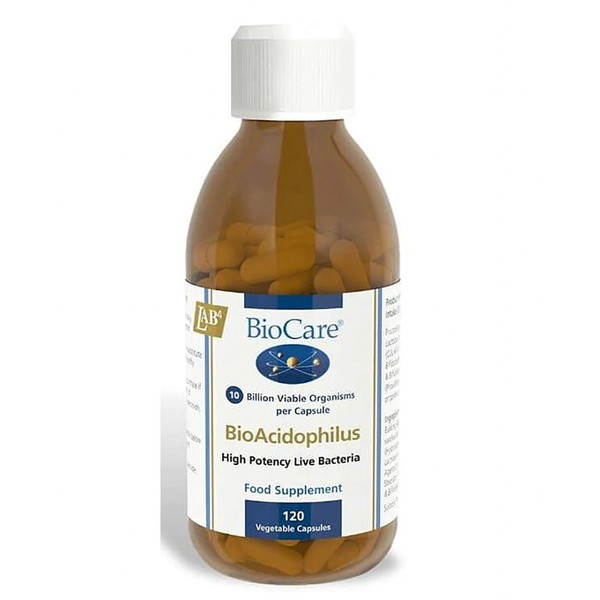
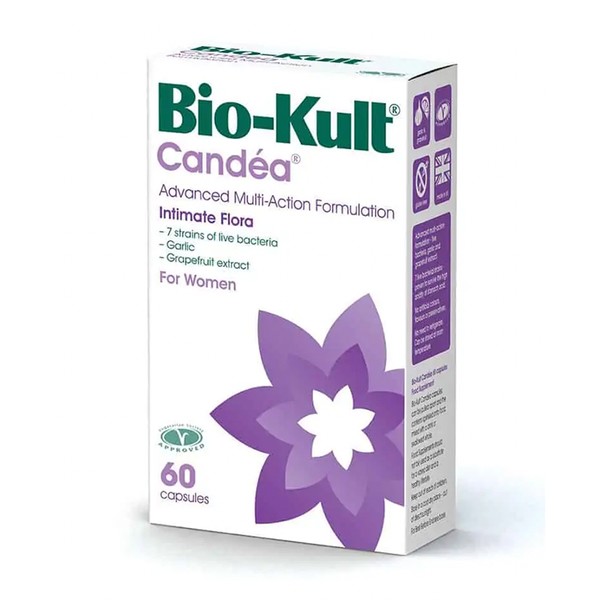
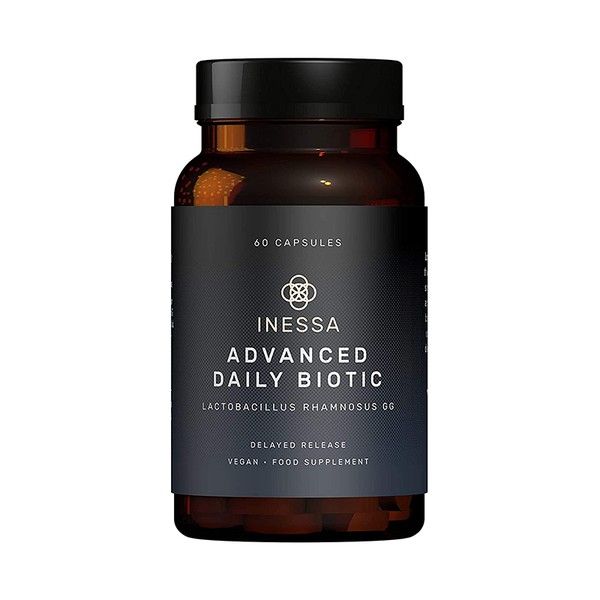
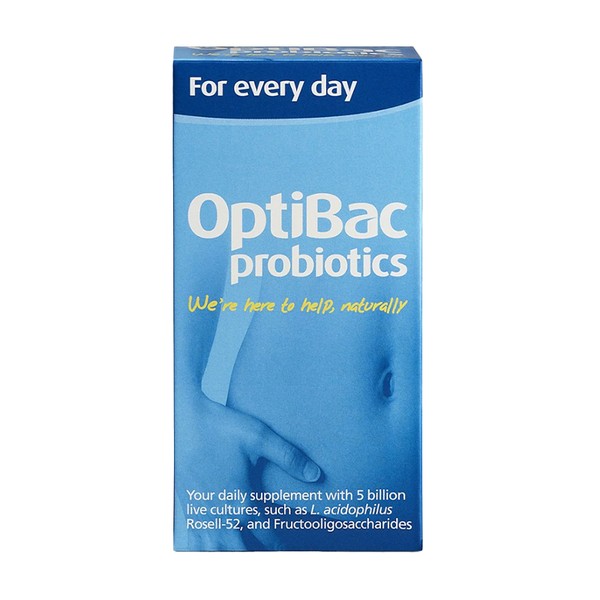
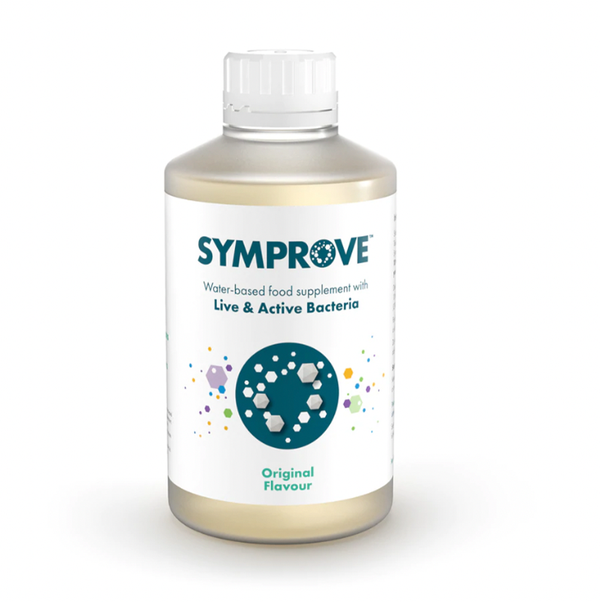
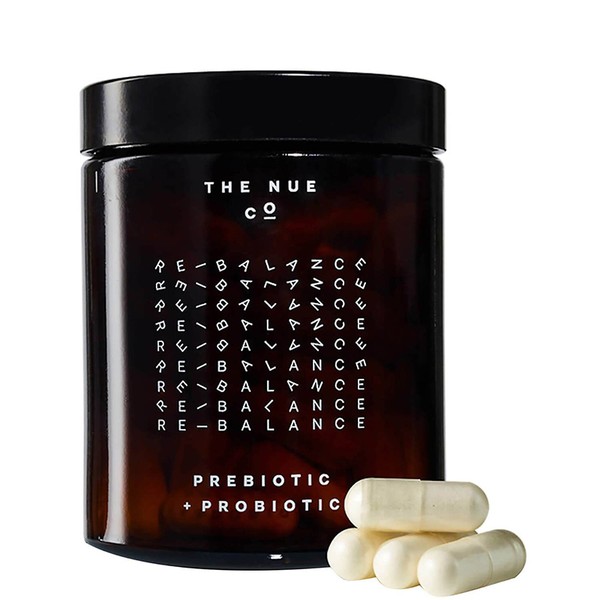
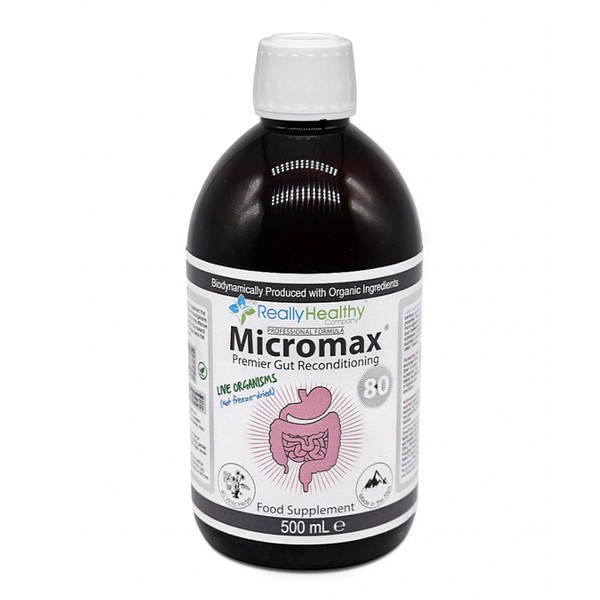
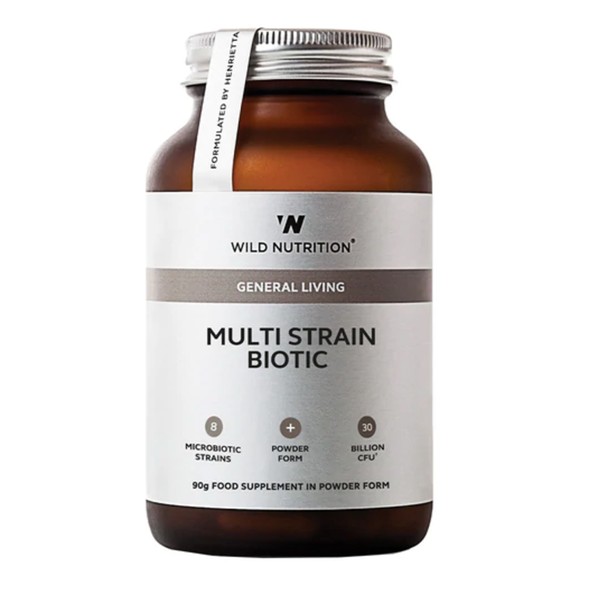
For more, head to OptiBacProbiotics.com & Bio-Kult.com
DISCLAIMER: Features published by SheerLuxe are not intended to treat, diagnose, cure or prevent any disease. Always seek the advice of your GP or another qualified healthcare provider for any questions you have regarding a medical condition, and before undertaking any diet, exercise or other health-related programme.
DISCLAIMER: We endeavour to always credit the correct original source of every image we use. If you think a credit may be incorrect, please contact us at info@sheerluxe.com.


